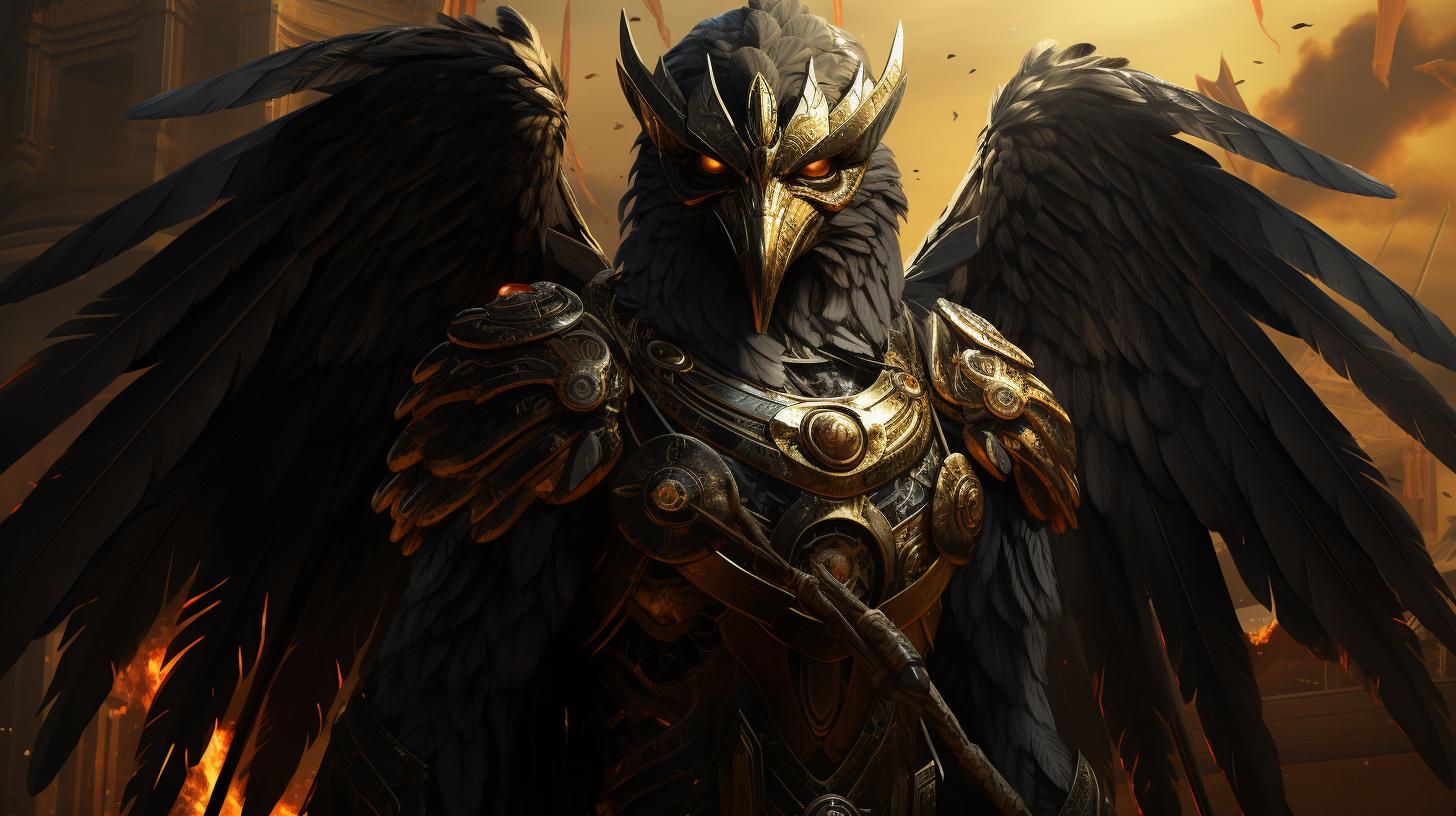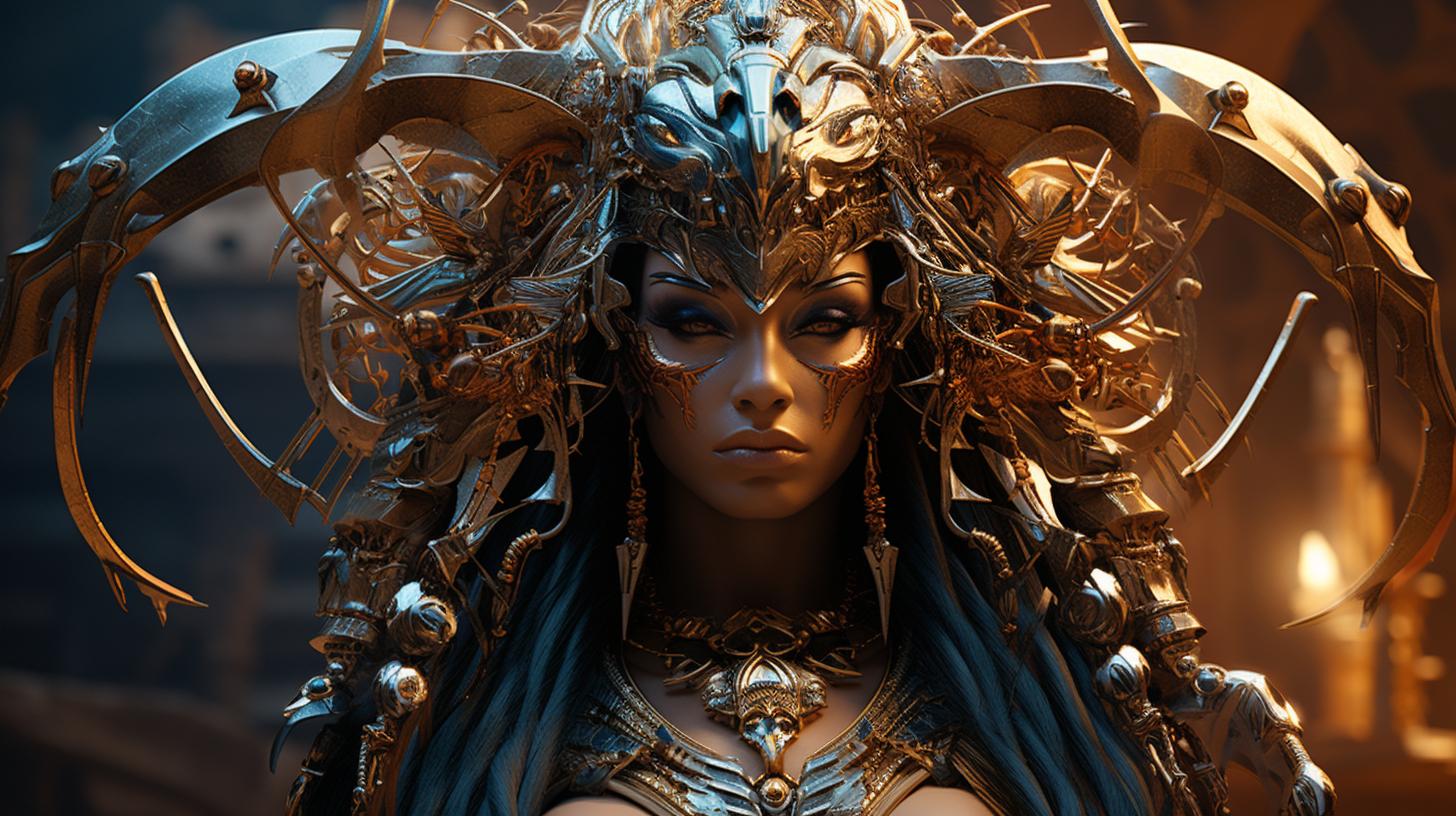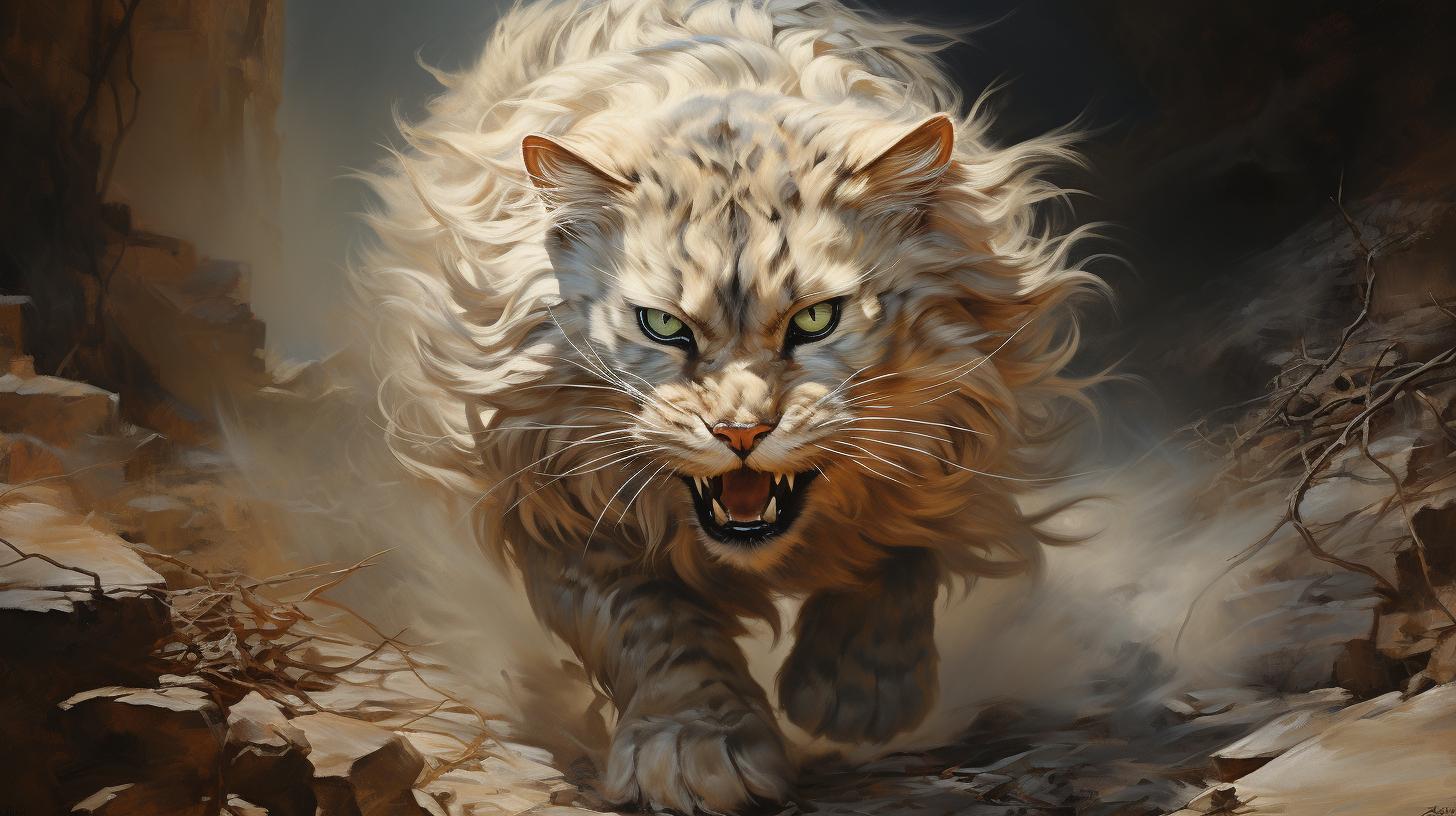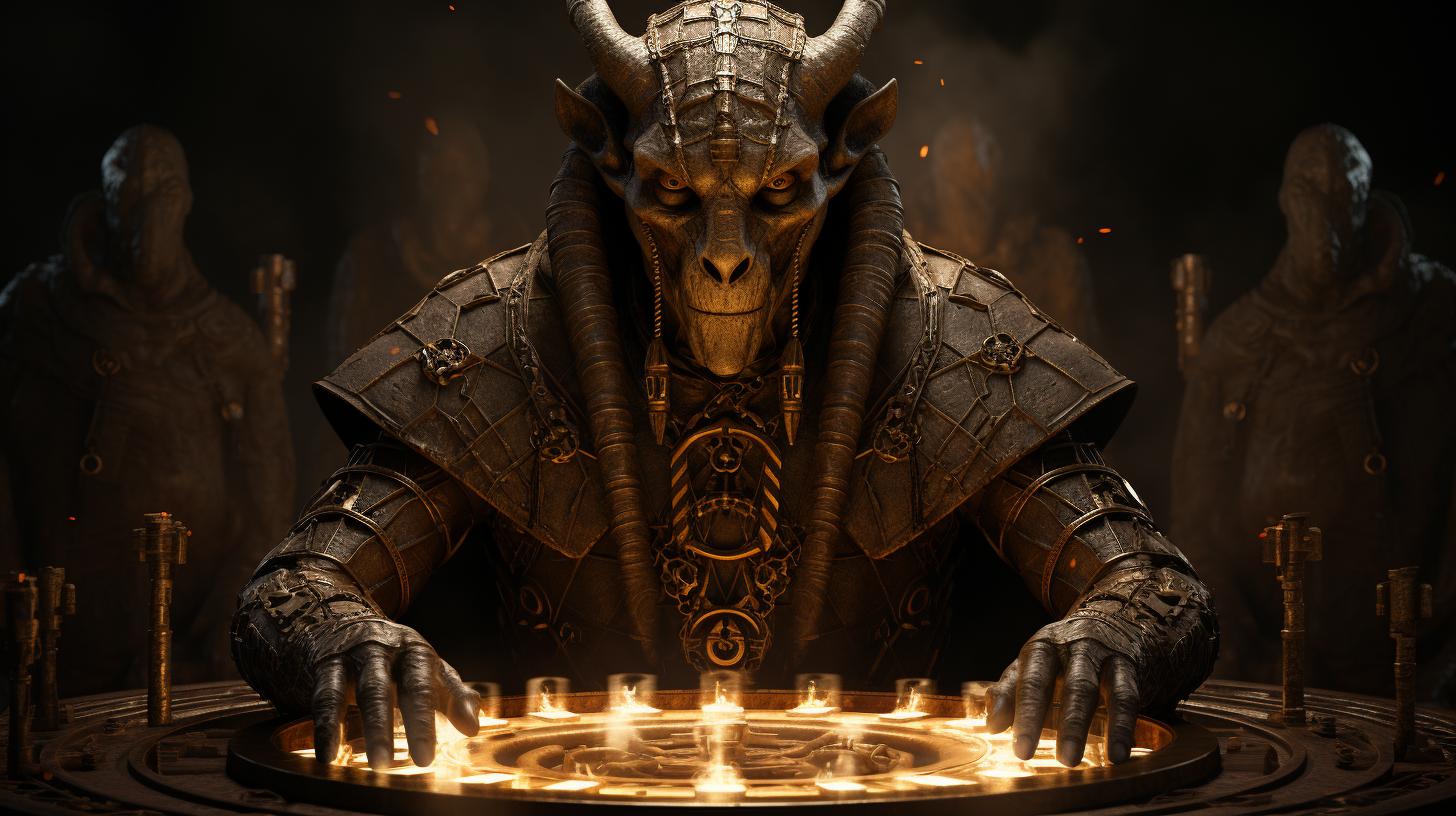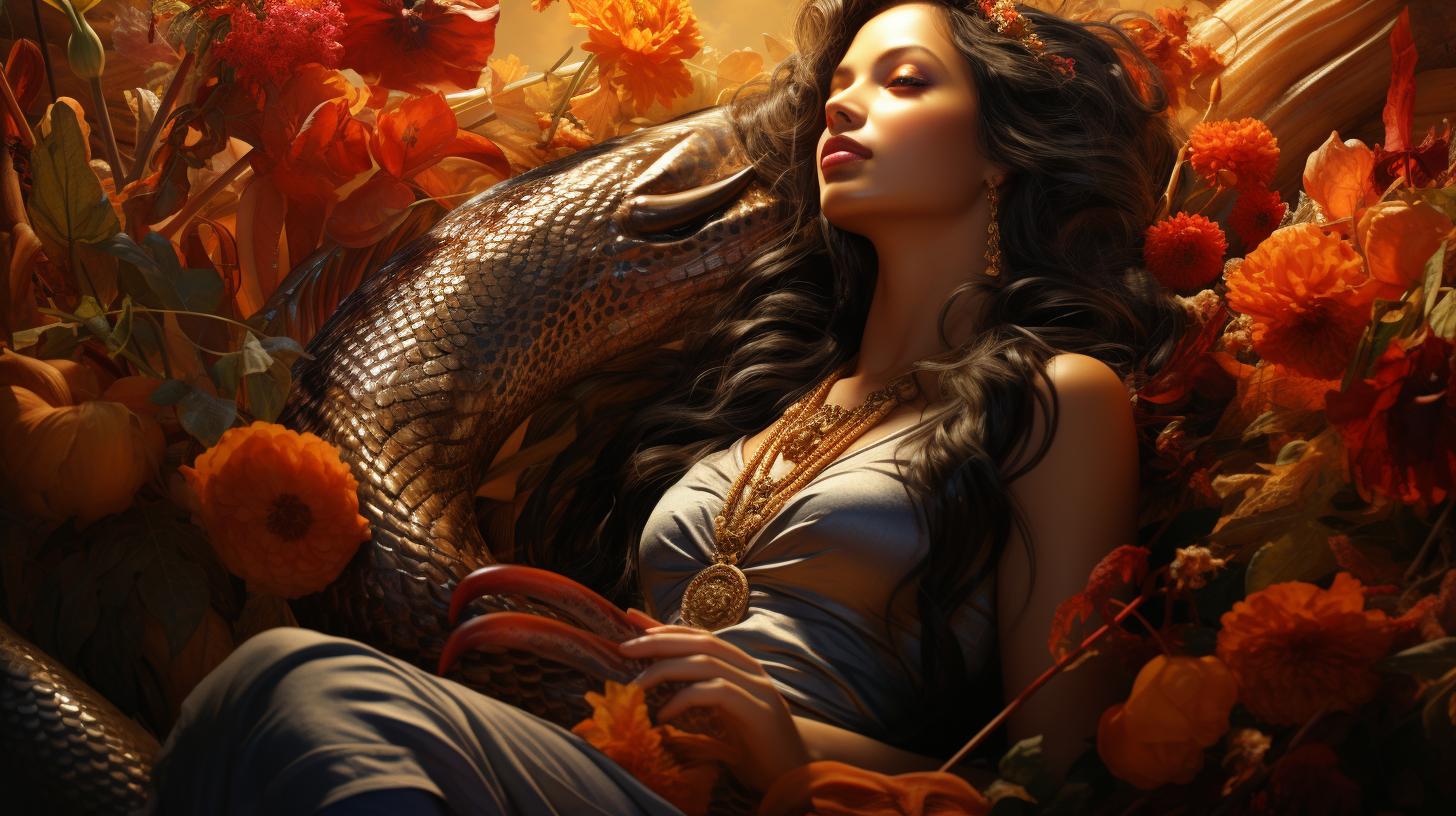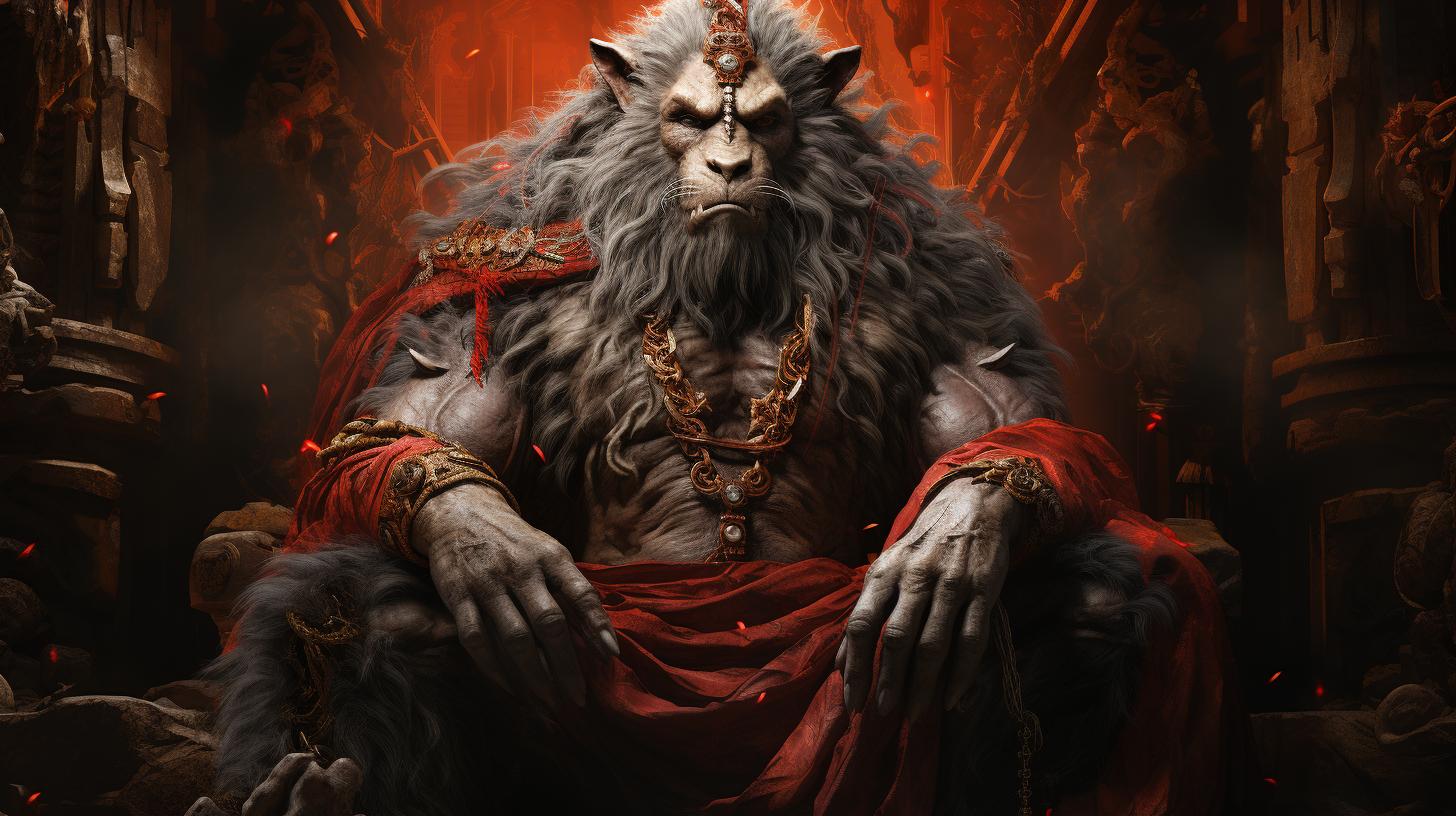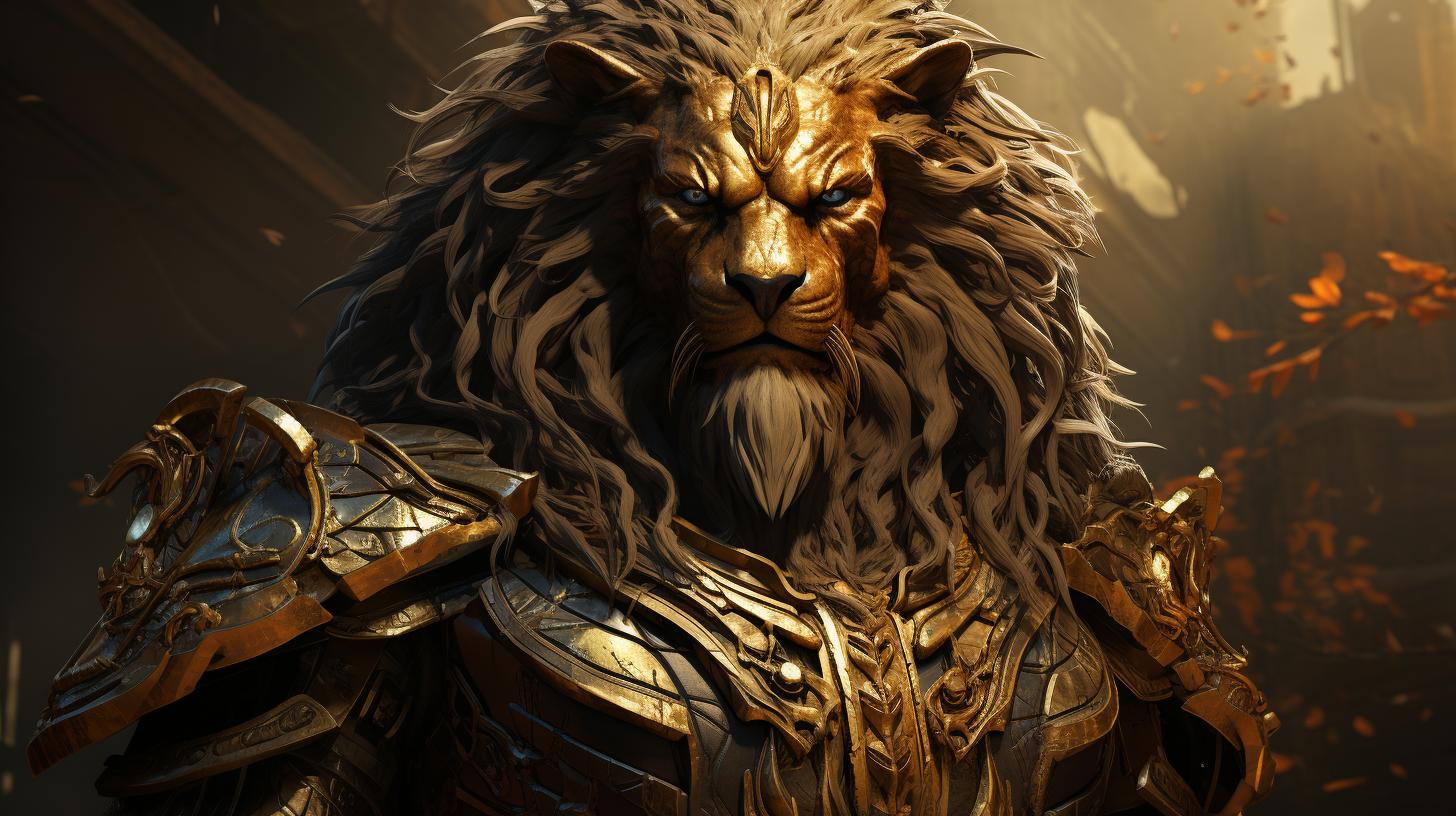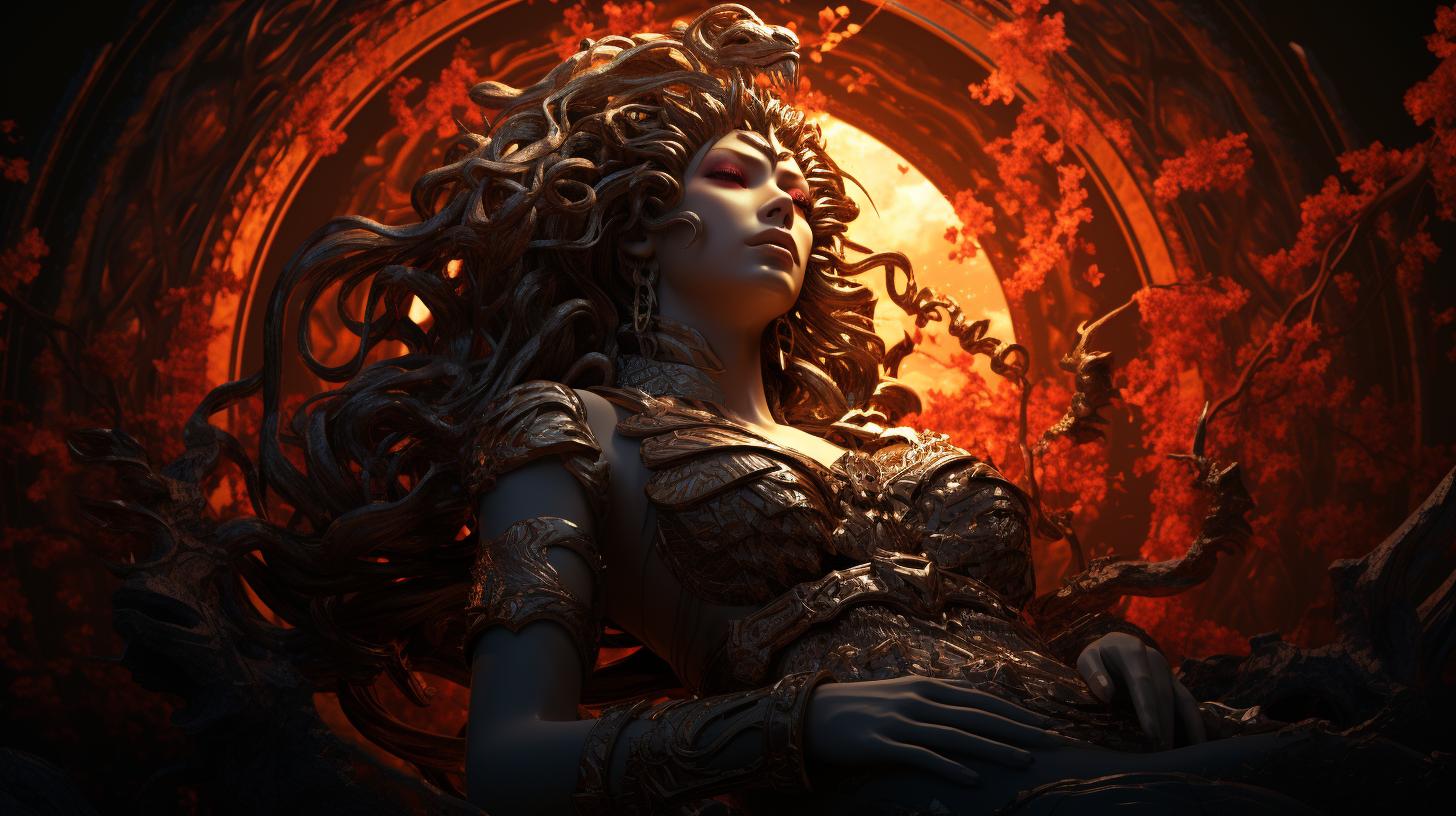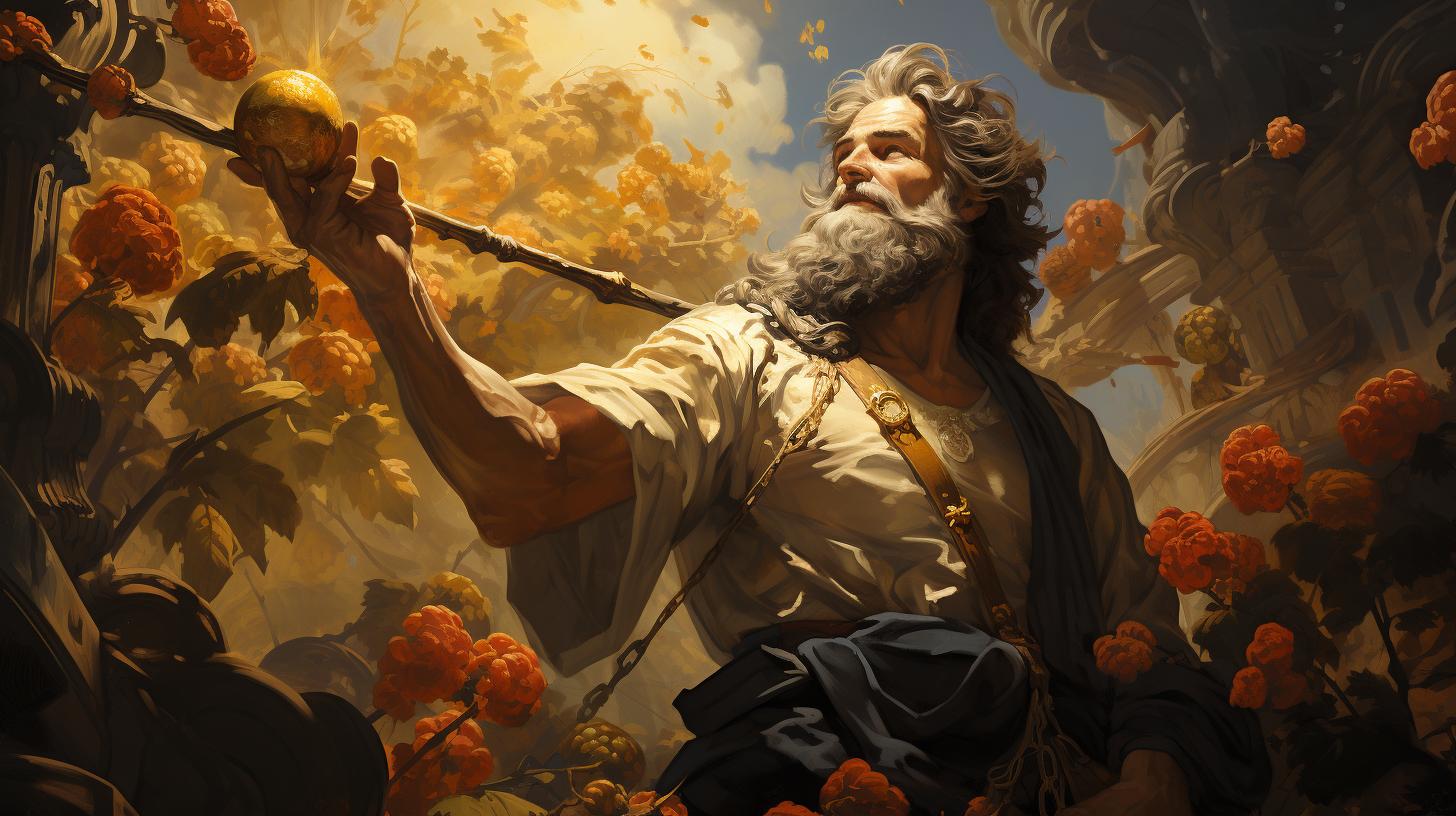Montu – The Egyptian God of War: Unveiling the Mighty Warrior
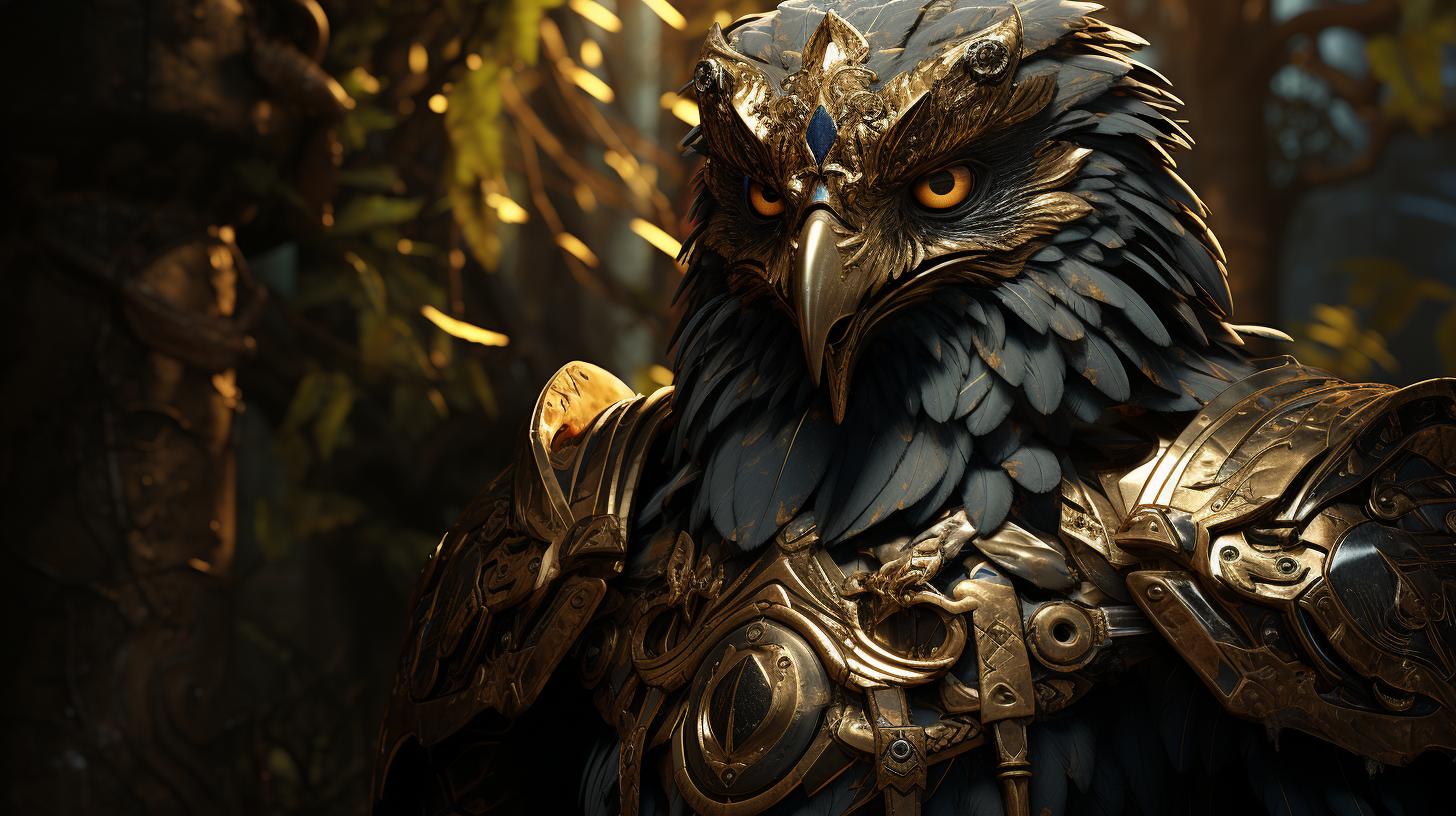
Montu, the Egyptian god of war, occupies a prominent place in ancient Egyptian mythology. Known for his immense power and ferocity, Montu was revered as the ultimate warrior deity.
From his origins and depictions to his role in Egyptian history, this article delves into the fascinating world of Montu. Explore his worship, his connections with other gods, and the significant influence he had on ancient Egyptian warfare.
Discover the enduring legacy of Montu, as his strength and influence continue to captivate even in modern times.
Montu: The Mighty Egyptian God of War
Montu, the Egyptian god of war, is a prominent figure in ancient Egyptian mythology. Revered for his immense power and ferocity, Montu played a significant role in the religious and cultural landscape of ancient Egypt.
Origins and Mythology
The origins of Montu can be traced back to the early periods of Egyptian history. He is believed to have originated from the region of Thebes, where he gained prominence as a fearsome warrior deity.
According to mythology, Montu was the son of the sky god Amun-Ra and the goddess Mut.
Depictions and Symbols
Montu is often depicted as a muscular figure wearing a headdress adorned with two tall plumes, symbolizing his connection to the heavens. He is commonly portrayed holding various weapons, such as a sword or a bow, emphasizing his role as the god of war.
Montu is also associated with the bull and the falcon, which represent strength and swiftness.
Role in Ancient Egypt
In ancient Egypt, Montu held a vital role as the personification of war and aggression. He was worshipped as a patron deity by pharaohs and military leaders, who sought his divine protection and guidance in times of conflict.
Montu’s influence extended beyond the battlefield, as he was also believed to safeguard the kingdom from chaos and protect the sovereignty of Egypt.
Throughout Egyptian history, Montu played a significant role in shaping the military strategies and tactics employed by the ancient Egyptians.
His presence instilled courage and strength in the hearts of soldiers, inspiring them to fight fiercely and emerge victorious.
Contents of the Article
Introduction to Montu
Discover the captivating world of Montu, the mighty Egyptian god of war. Uncover the origins and mythology surrounding this powerful deity, and delve into the significance of his role in ancient Egyptian society.
The Historical Context of Montu’s Worship
Explore the historical context that shaped the worship of Montu throughout ancient Egypt. Learn about the rituals, festivals, and practices dedicated to honoring this fierce god of war.
Montu’s Relationship with Other Egyptian Gods
Unravel the intricate connections between Montu and other Egyptian gods.
Examine his alliances, rivalries, and collaborations with deities such as Raet-Tawy and Horus, shedding light on the complex tapestry of Egyptian mythology.
The Temple of Montu: A Sacred Site
Step into the sacred realm of the Temple of Montu and explore its architectural grandeur. Discover the rituals and ceremonies performed within its hallowed walls, and delve into the significance of this important religious site in ancient Egypt.
Join us on this extraordinary journey as we delve into the intriguing world of Montu, unearthing the mysteries and legends surrounding the Egyptian god of war. Discover the impact of his worship in historical context, his unique relationships with other gods, and the sacredness of the Temple of Montu.
Prepare to be captivated by the power and influence of this mighty deity.
Gallery of Montu Depictions
Welcome to the fascinating gallery of Montu depictions, showcasing the artistic representations of this mighty Egyptian god of war. Through art and sculpture, Montu’s powerful presence and iconic symbols are vividly brought to life.
Montu in Art and Sculpture
The artistic depictions of Montu in ancient Egyptian art and sculpture reveal the reverence and awe surrounding this formidable god. Sculptures often portrayed Montu as a muscular figure clad in traditional Egyptian warrior attire, holding weapons like the bow and arrow or a spear, ready for battle.
These sculptures captivate the essence of Montu’s strength and bravery, immortalizing his warrior spirit.
Montu’s Iconic Symbols: The Bull and the Falcon
Montu’s symbols, the bull and the falcon, played a significant role in representing his power and influence. In artwork, Montu is frequently depicted with the head of a falcon, symbolizing his connection to the sky and divine authority.
Additionally, the bull represents his strength and virility as the god of war. These symbols serve as a powerful visual representation of Montu’s dominance on the battlefield.
Montu Depictions in Ancient Egyptian Tombs and Temples
Ancient Egyptian tombs and temples are adorned with vivid depictions and hieroglyphs featuring Montu.
These artistic renderings often depict Montu in his warrior form, engaged in fierce battles or leading triumphant armies. The walls of these sacred spaces act as a testament to Montu’s revered status and his impact on ancient Egyptian society.
The gallery of Montu depictions offers a glimpse into the rich artistic expressions that have preserved the legacy of this Egyptian god of war for centuries. Each artwork and sculpture showcases the enduring power and reverence that Montu held in ancient Egyptian civilization.
Montu in Ancient Egyptian History
Montu, the Egyptian god of war, held significant influence throughout various periods of ancient Egyptian history. Let’s explore Montu’s role during different dynasties and kingdoms.
Montu’s Influence during the 11th Dynasty
During the 11th Dynasty, Montu’s power reached its zenith.
As the patron deity of Thebes, he played a pivotal role in the military endeavors of pharaohs such as Mentuhotep II. Montu’s presence assured victory on the battlefield, inspiring fierce warriors and protecting Egypt from external threats.
Montu’s Significance during the New Kingdom
The New Kingdom saw Montu retain his prominence as the preeminent god of war. Pharaohs like Ramesses II and Amenhotep III sought Montu’s favor to achieve conquests and establish their dominance over rival nations.
Montu’s blessings were believed to ensure success and secure a prosperous reign for these mighty pharaohs.
Montu’s Role in the Middle Kingdom
In the Middle Kingdom, Montu continued to be revered as an integral deity in matters of war and protection. Pharaohs like Senusret III recognized Montu’s ferocious nature and associated themselves with his strength and prowess.
Montu’s influence extended beyond the battlefield, providing guidance and stability in the face of internal challenges.
Throughout ancient Egyptian history, Montu’s status as the god of war remained unquestioned, as the pharaohs sought his favor and warriors looked to him for strength.
His awe-inspiring presence in Egyptian mythology alongside powerful pharaohs solidified his legacy as the ultimate divine warrior.
Montu and the Egyptian Warrior Pharaohs
Montu, the Egyptian god of war, held a significant place in the dynastic history of ancient Egypt. He was closely associated with the warrior pharaohs who sought his divine favor on the battlefield.
Three particular pharaohs stand out in their connection with Montu: Senusret III, Amenhotep III, and Thutmose III.
Montu and Pharaoh Senusret III
One of the earliest warrior pharaohs to embrace Montu was Senusret III. Known for his military campaigns and ambitious conquests, Senusret III regarded Montu as his guide and protector in battle.
Montu’s divine strength was believed to enhance Senusret III’s military strategies, leading to numerous victorious campaigns throughout his reign.
Montu in the Reign of Amenhotep III
Amenhotep III, a pharaoh of the New Kingdom, also acknowledged Montu’s significance. During his reign, he constructed temples dedicated to Montu, showcasing his devotion to the god of war. It was believed that Montu’s blessings bestowed unmatched valor and strength upon Amenhotep III and his armies, solidifying his position as a great warrior king.
The Victories of Thutmose III: Montu’s Warrior King
Thutmose III, often hailed as one of Ancient Egypt’s greatest warrior pharaohs, held an intimate connection with Montu. As a symbol of military might, Montu played a pivotal role in Thutmose III’s numerous military campaigns.
The god of war inspired and guided Thutmose III to achieve remarkable conquests, expanding Egypt’s territory to an unprecedented extent.
These warrior pharaohs recognized the power and influence of Montu in their conquests and attributed their military successes to his divine assistance.
Montu’s association with these pharaohs elevated him to a position of immense reverence and solidified his status as the god of war in ancient Egypt.
Montu’s Connection with Other Deities
Montu, the Egyptian god of war, is often associated with various deities in ancient Egyptian mythology. His connections with other gods and goddesses shed light on the intricate web of relationships within the Egyptian pantheon.
Montu and the Goddess Raet-Tawy
One significant deity Montu is closely connected to is Raet-Tawy, the goddess of the northern and southern regions of Egypt. Together, Montu and Raet-Tawy represent the unification of the two lands and the harmony essential to maintain a prosperous kingdom.
Their union symbolizes the balance between military might and divine protection.
Montu and Horus: The Divine Alliance
Horus, the falcon-headed god, forms a divine alliance with Montu, further emphasizing the god of war’s role in Egyptian mythology. Montu’s association with Horus showcases their joint guardianship over Egypt’s rulers and the divine protection bestowed upon the pharaohs during times of conflict.
Montu’s Place among the Egyptian Gods and Goddesses
Within the pantheon of Egyptian gods and goddesses, Montu holds a prominent position as a god of war and a protector of Egypt. His fierce nature and association with warriors solidify his status alongside other notable deities such as Amun, Ra, and Sekhmet. Together, they represent the multifaceted aspects of Egyptian power and divine authority.
Ancient Egyptian Warfare and Montu’s Influence
Ancient Egyptian warfare was shaped and heavily influenced by the mighty god of war, Montu. His role on the battlefield was revered and feared, as he symbolized power, strength, and victory.
Montu’s influence extended beyond being a deity; he played a pivotal role in shaping the strategies, tactics, and mindset of the ancient Egyptian military.
Montu’s Role on the Battlefield
Montu was regarded as the ultimate warrior, embodying the ferocity and bravery needed in battle. He inspired and guided the soldiers, instilling them with courage and determination. It was believed that Montu would lead the army to triumph, empowering them with his divine presence and granting them victory over their enemies.
Montu and the Ancient Egyptian Military
The ancient Egyptian military worshiped Montu as their patron god and sought his favor for success in warfare. Soldiers paid homage to Montu before battles, seeking his protection and blessings. His temples and shrines were an integral part of military life, serving not only as places of worship but also as centers for strategic planning and training.
The Temple of Montu: A Sacred Site
The Temple of Montu, located in the ancient city of Thebes, was a prominent place of worship and a strategic hub for military preparations. It housed vast courtyards, training grounds, and armories where soldiers honed their combat skills and prepared for battle.
The rituals performed in Montu’s temple were believed to invoke his divine guidance and favor for the military campaigns.
Montu’s Influence on Ancient Egyptian Strategies
Montu’s influence extended beyond inspiring individual soldiers; he shaped the overall military strategies and tactics of ancient Egypt. The ancient Egyptian commanders sought Montu’s guidance and blessings before devising battle plans.
Montu’s worship played a significant role in cultivating a culture of strength, bravery, and unity within the military ranks.
Divine Guidance and Favor
Ancient Egyptian commanders believed that Montu provided them with divine guidance and favor in military campaigns. They often consulted oracles and conducted rituals to seek Montu’s blessing and obtain strategic insights.
Montu’s influence on military strategies was believed to ensure victories and protect the nation from external threats.
Symbolism and Military Tactics
Montu’s iconic symbols, the bull and the falcon, were incorporated into military strategies. The fierce and aggressive nature of the bull symbolized the Egyptian army’s offensive tactics, charging into battle with relentless force.
The falcon, known for its speed and precision, represented swift maneuvers, flanking movements, and aerial assaults. By invoking Montu’s symbolism, the ancient Egyptians aimed to emulate his power and achieve military triumphs.
A Legacy of Warfare
The influence of Montu and his role in ancient Egyptian warfare left a lasting legacy that extended far beyond the battlefield. His representation of courage, strength, and victory continued to inspire generations, shaping the ideals of warriors and military leaders in both ancient and modern times.
The Legacy of Montu in Ancient Egypt
Montu, the Egyptian god of war, left a profound impact on Egyptian religion and mythology, cementing his place as a significant deity in the ancient pantheon. His influence can be observed in various aspects, including:
Montu’s Impact on Egyptian Religion and Mythology
Montu’s role as the god of war elevated his status among the Egyptian gods, shaping the religious practices and beliefs of the ancient civilization.
His association with strength and victory made him a central figure in religious rituals, particularly those dedicated to military campaigns and battles. Montu’s worship contributed to the overall reverence for war and conflict in ancient Egyptian society, emphasizing its importance in maintaining order and protecting their kingdom.
Montu as a Symbol of Power and Strength
Montu’s portrayal as a mighty warrior endowed him with the attributes of power and strength. His depictions often showed him wearing a sun disk or a crown adorned with plumes, emphasizing his royal nature and divine authority.
Montu symbolized the relentless force and unwavering determination required in warfare, serving as a representation of the Pharaoh’s military might and the Egyptian army as a whole.
Montu’s Continued Reverence in Modern Times
Even in the present day, Montu’s legacy continues to captivate and inspire.
His reputation as a fierce warrior god has transcended time, attracting the interest of historians, Egyptologists, and enthusiasts of ancient Egyptian culture. Montu’s symbolism has also found its way into popular culture, appearing in various forms of media, including literature, movies, and video games.
His enduring presence serves as a reminder of the rich heritage and military prowess of ancient Egypt.
In conclusion, Montu, the Egyptian god of war, has left an indelible mark on ancient Egyptian religion, mythology, and the perception of strength and power.
His profound influence on military aspects and enduring reverence in modern times solidify his position as one of the most significant deities in ancient Egyptian history.
.

